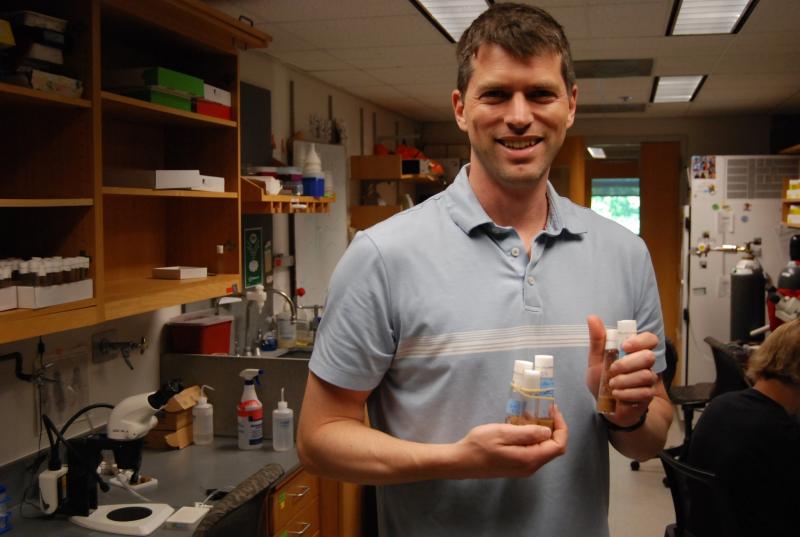
Don Fox’s lab has a long-standing interest in the biology of genome doubling (polyploidy). Many organisms in nature are diploid, meaning they inherit one chromosome set from each parent at fertilization. Within such organisms, however, specific tissues amplify the number of genomes in some cells. As a result, specific cells and tissues throughout the tree of life contain polyploid genomes. When Don Fox began his lab at Duke PCB in 2011, polyploidy was mistakenly thought to be enriched only in specific plants, insects, and ciliates relative to other species. This is no longer the prevailing view. In mammals, polyploidy is now appreciated to occur in essentially every organ system. Polyploidy is also more common than mutations in essentially every gene link to cancer.
Two research features in Science highlight the Fox lab’s role in illuminating the widespread importance of polyploidy in organ development and regeneration. The first feature focuses on how the Fox lab (along with other labs around the world) have shown the importance of polyploidy in regenerating injured tissues. The second feature focuses on how the careful control of polyploidy shapes diverse developing tissues, from plant leaves to human and fly hearts. To learn more about the Fox lab’s work on polyploidy, visit www.foxlabduke.com.